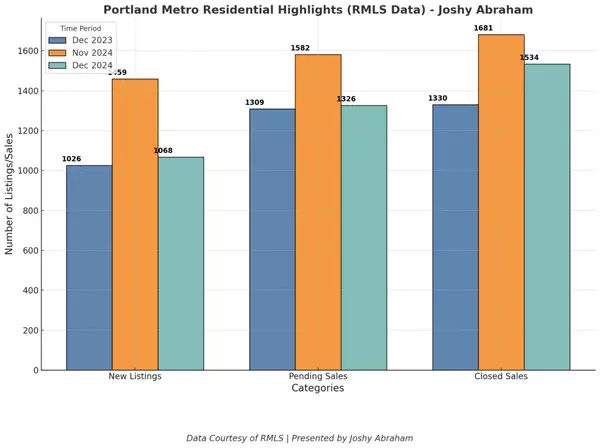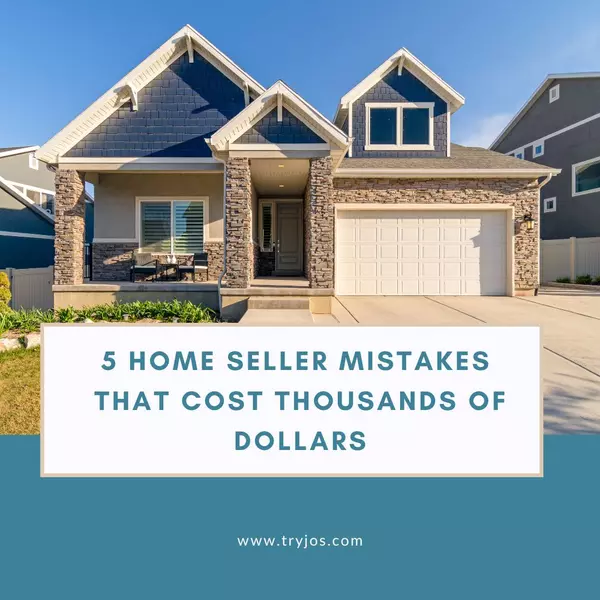Should I buy a new home or an old one ?
As a real estate agent serving Bethany, Beaverton, Hillsboro, and Portland, I often assist clients in making one of the most significant decisions in their lives: choosing between a new home and an old home. Both options have their advantages and drawbacks, and understanding these can help you make an informed decision that suits your lifestyle and financial goals.
The Appeal of New Homes
1. Modern Amenities and Features New homes are built with the latest technologies and designs. You can expect modern kitchens, open floor plans, and energy-efficient appliances. These homes often come with smart home features, better insulation, and updated HVAC systems.
2. Customization Options When buying a new home, especially if it’s a pre-construction or under-construction property, you often have the chance to customize it to your preferences. From choosing the flooring to selecting cabinetry and countertops, the personalization options are a big draw.
3. Lower Maintenance Costs New homes typically require less maintenance and fewer repairs than older homes. Everything from the roof to the plumbing is new, which means fewer surprises and lower costs for repairs in the initial years.
4. Builder Warranties New homes often come with warranties from the builder, covering things like structural defects and systems such as plumbing, electrical, and HVAC. This provides peace of mind and financial protection.
The Charm of Old Homes
1. Established Neighborhoods Older homes are often situated in well-established neighborhoods with mature trees, parks, and a sense of community. These areas may have more character and history than newer developments.
2. Unique Architectural Features Older homes can offer unique architectural details that are hard to find in new constructions. Features like crown molding, hardwood floors, and intricate woodwork add charm and character.
3. Larger Lots and More Land Many older homes are built on larger lots compared to new homes. This means more outdoor space for gardening, play areas, and privacy.
4. Potential for Appreciation Homes in established neighborhoods can appreciate well over time, especially if the area is desirable and there is limited space for new construction. Investing in an older home in a sought-after area can be a smart financial move.
Considerations When Choosing Between New and Old
1. Cost New homes might come at a premium due to modern features and new construction, but they might save you money on maintenance and energy bills. Older homes might be more affordable upfront but could require more investment in repairs and updates.
2. Location New developments are often located in suburban or less central areas, while older homes might be closer to city centers, schools, and amenities. Consider your daily commute, lifestyle, and proximity to essential services.
3. Style and Preferences Your personal preferences play a significant role. Some people love the character and history of an older home, while others prefer the clean lines and modern conveniences of a new home.
4. Long-Term Plans Think about your long-term plans. Are you looking for a home you can grow into for many years, or is this a shorter-term investment? Your future goals can influence which type of home is better for you.
Choosing between a new home and an old home depends on various factors, including your budget, lifestyle, and personal preferences. As your dedicated real estate agent in Bethany, Beaverton, Hillsboro, and Portland, I’m here to help you navigate these choices and find the perfect home for you. Whether you’re drawn to the modern amenities of a new build or the charm and character of an older home, I can provide the insights and expertise you need.
For more tips and advice on home buying, stay tuned to my blog, and feel free to reach out to me, Joshy Abraham, for personalized assistance!
Categories
Recent Posts










GET MORE INFORMATION

